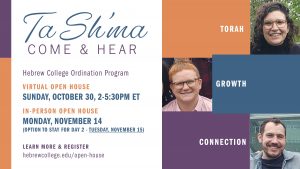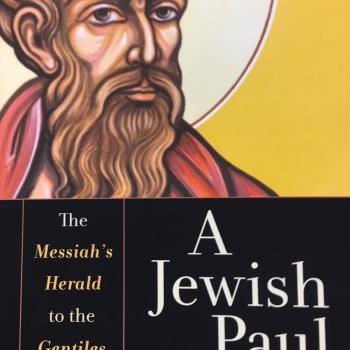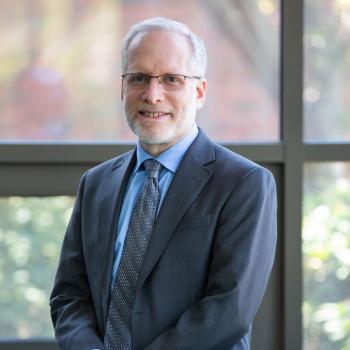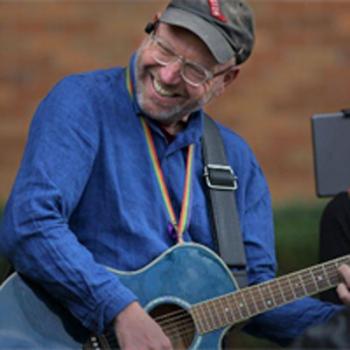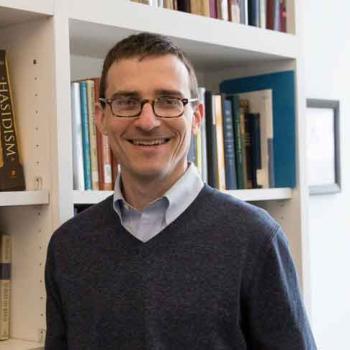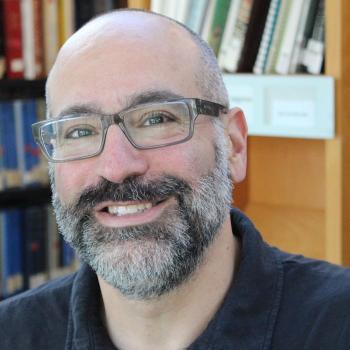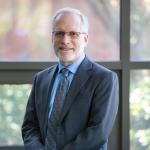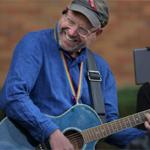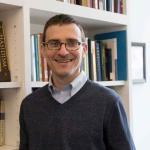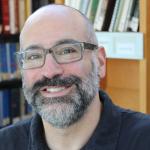By Rabbi Joey Glick
Parashat Noach (Genesis 6:9-11:32)
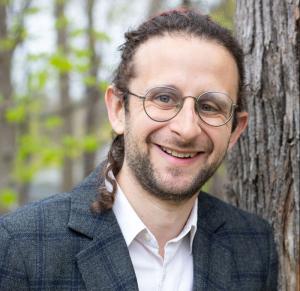 The first time I walked into Dr. Lisa Geiger’s chiropractic office, I was greeted by a symphony of sound. With one large space that doubles as a waiting and treatment room, there was a delightful cacophony of babbling toddlers, crying babies, tired parents, 90s folk music and, above it all, Dr. Lisa giving over wisdom. An experienced healer and Dar Williams enthusiast, Dr. Lisa treats very young kids, their parents—and, in my case, a rabbinical student with a Talmud-induced crooked neck. Over two years of treatment, I started to think of Dr. Lisa’s office as a beit midrash, a communal study hall. In this beit midrash, I observed the healing Torah of the chiropractor: that what seems born and done, bone-deep and calcified, might still be shifted and mended. Dr. Lisa modeled for me how this adjustment might come not by way of dramatic cracks and pops, but by gentle touch, communal witnessing and supportive words.
The first time I walked into Dr. Lisa Geiger’s chiropractic office, I was greeted by a symphony of sound. With one large space that doubles as a waiting and treatment room, there was a delightful cacophony of babbling toddlers, crying babies, tired parents, 90s folk music and, above it all, Dr. Lisa giving over wisdom. An experienced healer and Dar Williams enthusiast, Dr. Lisa treats very young kids, their parents—and, in my case, a rabbinical student with a Talmud-induced crooked neck. Over two years of treatment, I started to think of Dr. Lisa’s office as a beit midrash, a communal study hall. In this beit midrash, I observed the healing Torah of the chiropractor: that what seems born and done, bone-deep and calcified, might still be shifted and mended. Dr. Lisa modeled for me how this adjustment might come not by way of dramatic cracks and pops, but by gentle touch, communal witnessing and supportive words.
When I started researching the Noah story in preparation for this writing, I did not expect that my learning would lead me back to these memories of Dr. Lisa’s beit midrash. However, after a week of journeying through stories of global devastation and God’s emotional tumult, I stumbled upon a piece of Torah about the chiropractic treatment of infants. I suspect that this embodied Torah might teach us something about God and healing. But before we can reenter Dr. Lisa’s beit midrash, we need to enter a storm.
God is distraught. Humans are sinning and creation is not going according to plan. Before the flood, the ark, and the rainbow—the story of Noah pauses on God’s emotional state. We read:
וַיִּנָּחֶם יְהוָה כִּי־עָשָׂה אֶת־הָאָדָם בָּאָרֶץ וַיִּתְעַצֵּב אֶל־לִבּוֹ׃
God was sorry that God created humans on the earth and God’s heart was saddened.
(Genesis 6:6)
This verse is the first appearance in the Bible of the root ע/צ/ב (ayin-tzadi-bet) denoting sadness and grief. There’s something odd about this emotional descriptor; the Bible is full of God’s love of Israel and anger towards sin, but Divine depression is much rarer. The literary result of reading about God’s sadness might be compared to the off-putting moment of witnessing a teacher or parent weeping. Beyond the discomfort of seeing God in a moment of vulnerability, the text holds the tragic consequences of God’s sadness. How can we connect to a God whose response to sorrow is global destruction?
The interpretive tradition of God’s depression in Parshat Noach picks up on some of these concerns. Rabbinic and Medieval readers shift God’s sadness away from the language of interior emotion and into external action and consequence. Drawing on a definition of ע/צ/ב as “to grieve,” the Rabbis of the Jerusalem Talmud suggest that God sat shiva during the seven days leading up to the Flood. On the other end of the spectrum, the authors of Bereshit Rabbah explore an alternative definition of ע/צ/ב as “to form or shape.” Their midrash suggests that the 40 days of the flood correspond to the 40 weeks of a pregnancy. As such, we might translate וַיִּתְעַצֵּב not as God is grieving, but rather as God forming or gestating a new creation. In these readings, we are no longer stumbling upon a God in tears, but rather encountering a Divine moved by sorrow into ritual action and renewal.
While addressing the problem of God as the weeping authority figure, neither the Talmud nor the Midrash touch on the ethical disaster of God’s sorrow becoming violence. In general, these readings feel less like honest engagements with God’s emotional life and more like careful detours around God’s pain and its consequence. Before we give up on connecting with a sad and destructive God, there is one more definition of ע/צ/ב to explore, a definition that will lead us back to the chiropractic beit midrash.
Beyond the definitions of “to sadden” and “to shape,” the authors of the Brown Drivers and Briggs Dictionary hypothesize an earlier definition for the root ע/צ/ב: to align a baby. The dictionary seems to be drawing on an ancient practice of healing for newborns with misaligned spines. At first glance, this definition might strike us as surprising; after all, what connection could there possibly be between God’s sadness and baby healing? However, the association comes into clearer relief if we ask ourselves what the God of Parashat Noach might discover, sitting in Dr. Lisa’s beit midrash? What could it mean for God’s sadness to be a form of chiropractic healing?
Through this lens, a God who had expected perfection could not love a fallible humanity. In the wake of this disappointment, of sitting shiva, of destroying and of birthing, God changed not only creation, but perhaps also God’s own self. As a chiropractor might need to adjust the spine of a baby, God had to stretch the contours of God’s heart in this infancy of Divine and human relationship. The result is the God at the end of the flood, a God capable of promising that Divine sorrow will never again lead to total destruction.
With this reading, I do not mean to excuse the God of the Noah story, a God whose sadness becomes global violence. However, in the grace notes of this narrative and in the nuances of the word וַיִּתְעַצֵּב, I think we might witness the beginning of healing on the other side of violence. We view a God who mourns, creates, and stretches the Divine capacity in the direction of greater love. In turn, this story of God’s growth might provide a roadmap for human healing. Our own and our loved ones’ worst mistakes need not be the end of our story. These failings need not leave us bitter and resentful. Rather, if we truly mourn and if we fully strive to create anew, we might reshape our very nature, align our hearts towards an acknowledgment of everything that has gone wrong and an awareness of everything that is yet to grow.
Rabbi Joey Glick is a 2022 alum of Hebrew College and interim assistant rabbi of Shir Tikvah in Minneapolis. A proud native of Pittsburgh, PA, Joey has studied at Colorado College, Pardes and the Graduate Theological Union. Before starting at Hebrew College, Joey served Jewish students at Vassar College as a college chaplain. Joey is passionate about interreligious dialogue, old-time fiddle music, and his hometown Pittsburgh Pirates.
If you or someone you know is considering the rabbinate, please join us or share information about our fall Open Houses (virtual and in-person). Learn more and register here.


